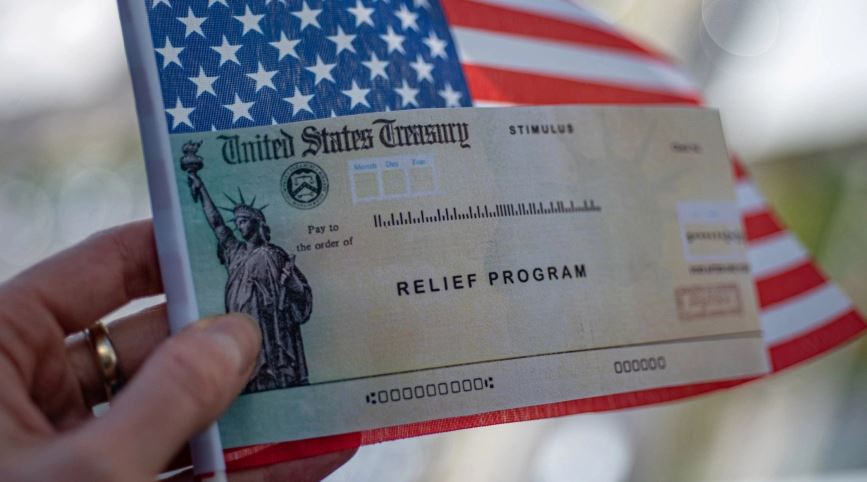A recent survey has found that most Americans think that a $2000 stimulus check can help their personal finances and save the economy.
The survey, conducted by Forbes, asked Americans what type of aid would help both their own personal finances and the economy during the coronavirus pandemic. Nearly half of respondents are in favor of a one-time payment of $2,000 for each family member. That is much more than any other proposed form of relief. That includes mortgage and rent payment relief, student loan forgiveness, and unemployment benefits.
However, not many economists agree with that sentiment.
The experts are saying that we need much more than individual payments to get the economy back on track. For example, William G. Gale and Grace Enda, senior fellow and research assistants at The Brookings Institute wrote a post on this. They said that providing aid to state and local governments, as well as expanding the “generosity and time frame for targeted relief,” such as unemployment insurance and rental assistance, is what’s going to help the economy weather the Covid-19 storm. They also argue that the previous stimulus packages provided relief in efforts to keep people home and slow the spread. The checks did not create an actual stimulus, which would raise economic activity.
The results of the survey are similar to those of a previous survey by Forbes in June 2020.
More than one-third (36%) favored $2,000 monthly checks for at least six months.
Given the popularity of a previous stimulus check, the results of the survey are not surprising. What is surprising is that so many Americans would choose a one-time payment of lower value and with shorter-term benefits than some of the other options that were presented in the Forbes survey, such as $50,000 in student loan forgiveness.
For example, only 16% of respondents favor canceling rent and mortgage payments for one year. But the real-life cost savings of a proposal like this could run into tens of thousands of dollars.
Democrats have been pushing for rent and mortgage payment cancelation since they introduced the HEROES Act last May. The current federal eviction moratorium has stopped evictions for people who can’t pay rent. But renters still owe those payments. And many are accumulating thousands of dollars in past-due rent. They’ll have to repay that when the moratorium ends.
To date, the federal government has implemented an eviction moratorium (now extended through at least March 31). It has also provided $25 billion to cover back rent and utility payments. Some analysts, including Moody’s Analytics, say these forms of aid covered just the tip of the iceberg. More needs to be done. Biden’s newly introduced $1.9 trillion stimulus package proposal would allocate another $25 billion for rental and utility assistance for low- and moderate-income households.

